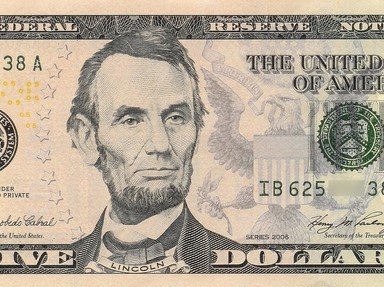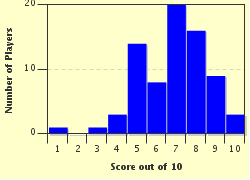Quiz Answer Key and Fun Facts
1. What slang from the 1850s indicated something neither very good nor very bad, but in between?
2. If a sick person was getting better, what was he or she said to be? Apparently, the slang was fading everywhere except New England.
3. Clever had its normal meaning in the 1850s: skillful, dextrous. But what slang meaning did it also have, if you said someone was a clever fellow?
4. What did it mean in 1859 to be "sound on the goose question" or "all right on the goose," a phrase used more in Kansas and the south?
5. The word "likely" had its own slang meaning, besides the usual meaning of "apt." If you said a person was "likely," what did you mean to say he was?
6. What words meant "strong" when used literally, but meant "very" when used as slang, especially in phrases like --- good or --- bad?
7. "Highfaluten" was already established slang in the midwest, and John Bartlett was afraid in 1859 that it "bids fair to spread over the country." What did highfaluten mean?
8. If someone said, "I sold right smart of eggs this summer," what would she mean, in 1850s American slang?
9. "La sakes" was a common expression among old women in the 1850s, and it had both a literal and figurative meaning. What were they?
10. If someone was a "screamer," what did that imply, in 1850s American midwest slang?
Source: Author
littlepup
This quiz was reviewed by FunTrivia editor
ponycargirl before going online.
Any errors found in FunTrivia content are routinely corrected through our feedback system.

